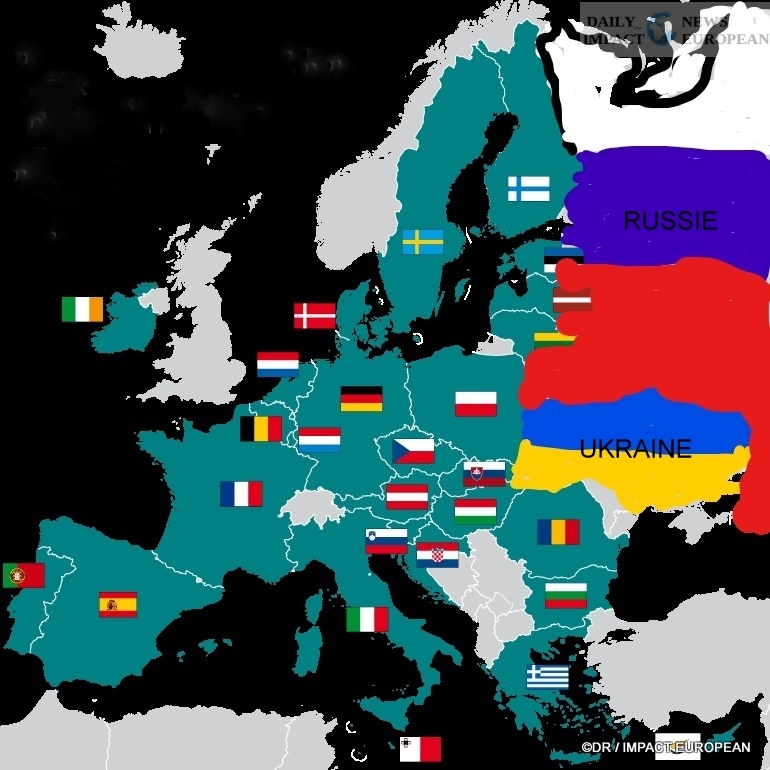Since the breakup of the USSR at the end of the Cold War (1991), hasn’t the West become – without even realizing it – an instigator of provocation vis-à-vis Russia? ?
Former Soviet republics including Ukraine have maintained close ties with the Russian Federation.
NATO, originally designed to oppose the Soviet bloc, has never ceased to seek to attract these countries, and in particular Ukraine. In doing so, he has put into play – for more than thirty years – cultural defense mechanisms on the side of Russia, which needs to maintain its sphere of influence and secure borders.
Ukraine, which was integrated into Russia from the end of the 18th century, represents for the latter – culturally and emotionally – the equivalent of « Alsace-Lorraine » for France. Because Ukraine shares a very close culture with Russia. She has forged close ties with Russia, Russian being her second language. For several years, the Ukrainian government has been pro-European, which confuses the situation. Intervening in centuries-old – and today stormy – Russia/Ukraine relations is like getting into family quarrels. Too complicated to arbitrate for a third party, because very emotional. And to achieve what? In Afghanistan? To Iraq?
The war over the secessionist territories of Ukraine has dragged on for 8 years. Can’t we see this as proof that Ukraine’s independence – which dates back just over 30 years – has not yet found its balance point? Let us remember that Alsace-Lorraine annexed in 1871 did not definitively join France until 1945. It was a long road for our country.
Could we not accept the idea that the final borders of Russia and Ukraine are self-determining between these two countries? Not only on the basis of economic considerations or old rules of law. And even less wars!!! But because these societies share very close cultural values. Couldn’t we let them solve their problems? By doing the opposite, we put Russia on notice to react, which was a mistake.
Even if we can never repeat enough that the war against Ukraine is a monstrous and unacceptable act, Russia could fear NATO expansionism in Ukraine. This threatened his safety.
Why has international diplomacy developed antagonisms towards Putin? As for us, why were we so afraid of Russian expansionism?
Again, let’s look at history. Russia cannot ignore that by resuming the violent annexation of the former republics which belonged to the USSR and which lived under its servitude (oh how painful!) it risks – again – a break-up from within. Like in 1989.
Putin being who he is, Ukraine is paying a heavy price today.
Views: 0



More Stories
Phenom 300E: The World’s Leading Light Jet for 14 Consecutive Years
Art Capital, 20 Years Already
Chers Parents Premieres in Paris